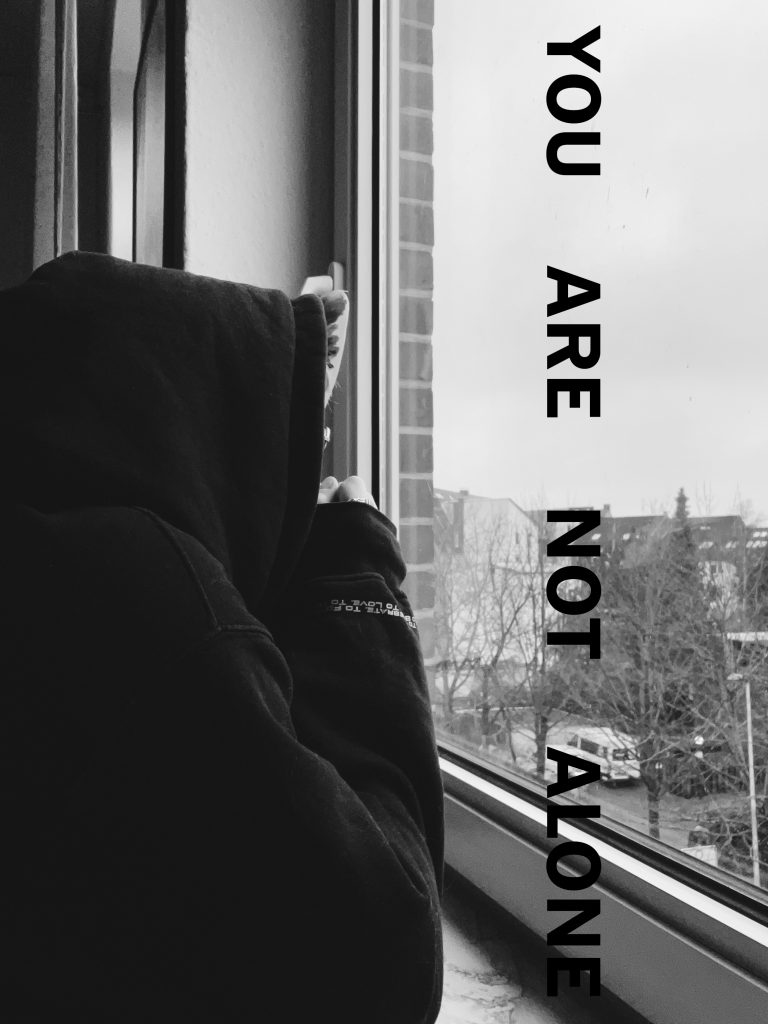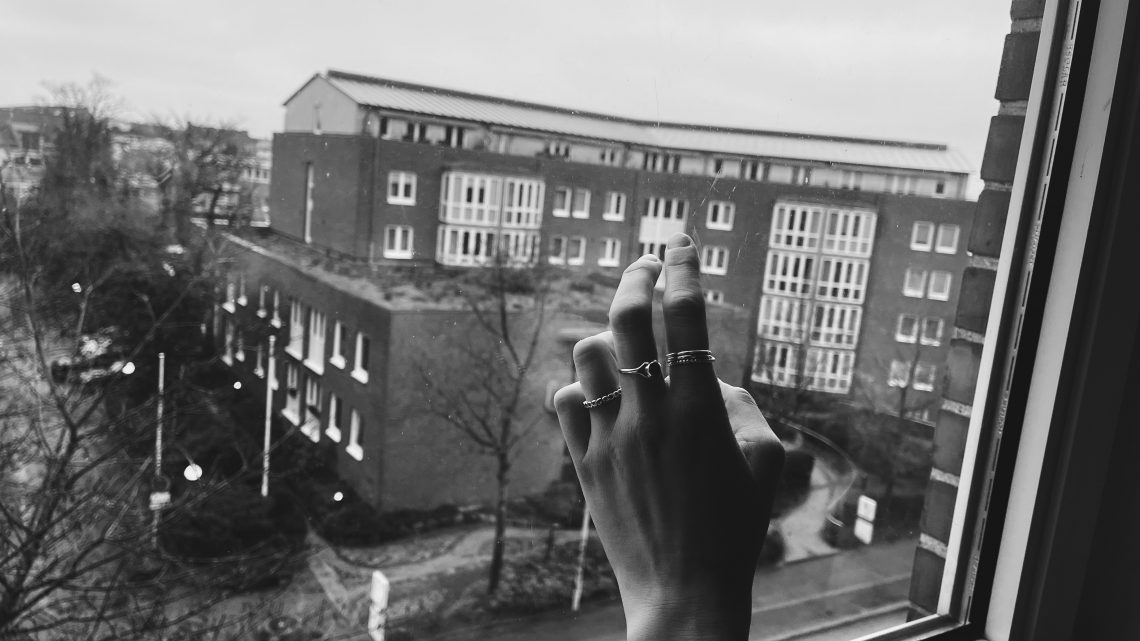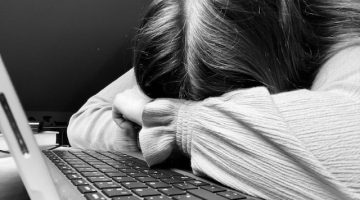As we all know by now, the Corona Virus spread around countries all over the world resulting in more than 300.000 cases in Germany. But there’s more to it. Since the beginning of March and the dread of the virus, more and more people had to stay in quarantine for 2 weeks or longer. Additionally, Germany is now in a „lockdown light“, which pretty much means, that all the bars, restaurants, cafés, cinemas etc. had to close again.
If you think about it that way, the Corona virus does not only affect our daily life by having to stay inside, shrinking the number of people you meet, having to wear masks (please, for the sake of others, always wear a mask!) and not being able to go out. It also affects the mental health of a huge number of people.
In the past couple of years, mental health has become a bigger issue represented in the media, but there are still a lot of aspects that haven’t been covered. To help you understand what depression is and what it feels like to people who struggle with this form of mental illness, a short summary:
Depression is a medical issue that negatively affects the way people feel, think and act. It often causes feelings of sadness and loss of interest but can also lead to a number of physical and mental problems and to the decrease of people’s ability to function in general, including normal day-to-day activities such as taking showers, brushing teeth or getting out of bed. There is no way of „snapping out of depression”, it requires a long-term treatment which often consists of a mixture of psychotherapy and prescribed medication.
For some people, depression only occurs once, while other people suffer from multiple depressive episodes in their lifetime. These symptoms are typical for a depressive episode and can occur for days, for weeks or for months:
- Feelings of sadness, emptiness, hopelessness
- Loss of interest in activities you used to enjoy
- Changes in appetite: eating too much or too little, resulting in weight-loss or weight-gain
- Insomnia or sleeping too much
- Lack of energy, not being able to complete everyday tasks
- Feeling worthless or guilty, self-blaming for past failures
- Difficulty thinking, making decisions, remembering things and concentrating
- Frequent or re-ocurring thoughts of death, suicide, suicidal thoughts or suicide attempts
- Unexplained physical problems like backspin, headaches
- Anxiety
If you ever struggle with any of these symptoms, please don’t hesitate to reach out for help. At the end of this article there is a list of places and websites you can reach out to if you’re struggling.
You might be asking yourself now: „But how does quarantine and lockdown affect people with depression and other mental illnesses?“
Most people feel isolated, miss physical contact to their friends and family members and struggle with anxiety due to the current situation regarding the corona virus. We are constantly bombarded with daily Covid-19 news, which can sometimes be rumors or misinformation and can make people disoriented, stressed and emotionally exhausted. But not only the news can make the people feel emotionally exhausted, a lot of them also struggle with financial instability which can cause existential fear. According to a previous study from 2004 (SARS Control and Psychological Effects of Quarantine, Toronto, Canada) that evaluated the effects of quarantining on mental health, 28.9% of participants had symptoms of PTSD (post traumatic stress disorder) and 31.2% had symptoms of depression.
In late February 2020, The Lancet published a review of 24 studies about the documentation of psychological impact if quarantine. In conclusion, those studies showed, that people who are quarantined are very likely to develop symptoms of psychological stress and disorder such as low mood, insomnia, stress, anxiety, anger, emotional exhaustion, depression and, as already mentioned before, post-traumatic stress disorder.

Additionally, another survey of 5178 people in Germany, including healthy and depressed patients, in June and July 2020 found out that 74% of depressed patients saw the first lockdown more stressful than healthy patients. 73% felt more lonely and isolated and 75% had no daily structure during that time. In conclusion, depressed people, who already struggle and suffer enough, had an even harder time to function during lockdown.
Those studies and surveys show, that our mental health is highly affected by quarantine and lockdowns, such as the restriction of physical contact and existential dread. That also shows, how important it is to check in on your friends and loved ones, especially people with mental health issues. You might not be able to physically hug them, but you can help them by listening, asking to help with simple tasks or simply talking to each other about something else to distract them from their current situation.
People who struggle with mental illnesses, such as depression, anxiety, personality disorders already struggle enough, doing the day-to-day things every day. Of course, this is manifests itself, depending on their mental illness and the way it presents. This is amplified even more in times of crisis.
If you, or any of your friends/family-members, ever struggle with mental health issues, maybe nowadays more than ever, please don’t be afraid to seek for help.
Here is a list of places you can reach out to if you’re feeling hopeless and depressed or suicidal:
Psychologische Beratung für Studierende finden Sie in Kiel bei der Psychologischen Beratungsstelle des Studentenwerks Schleswig-Holstein:
Telefon: 0431/ 8816-325
Das Familienservicebüro informiert über Unterstützungsmöglichkeiten für Studierende mit Care-Aufgaben. www.fh-kiel.de/familienservicebuero
Info-Telefon Depression: 0800 / 33 44 533
https://www.fh-kiel.de/studium/studierende/studienorganisation/zentrale-studienberatung/
![FHews – [ fju:s]](http://fhews.de/wp-content/uploads/2015/05/fhews_logo2_3B8ACC.jpg)












No Comment